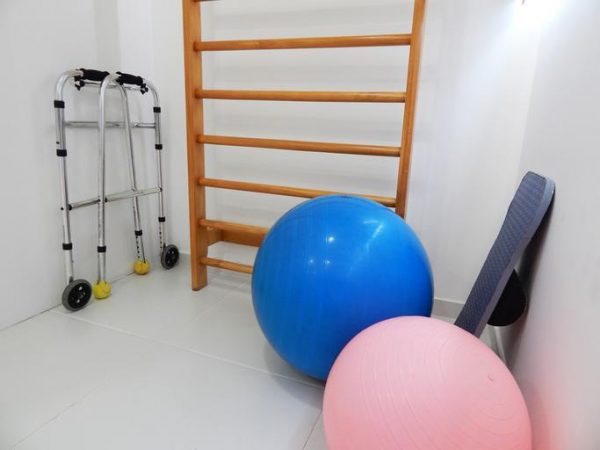On Monday, October 24, 2016, the Department of Justice announced Life Care Centers of America (Life Care) and its owner, Forrest L. Preston, have agreed to pay $145 million to resolve False Claims Act allegations that Life Care submitted false claims to Medicare and TRICARE for rehabilitation therapy services that were not reasonable, necessary or skilled. The $145 million settlement is the largest settlement with a skilled nursing facility chain in the history of the Department of Justice. The case was originally filed by two former Life Care employees under the qui tam or whistleblower provisions of the False Claims Act; the two whistleblowers will receive $29 million as their share of the settlement. Life Care, based in Cleveland, Tennessee, is the nation’s largest private nursing home company and owns and operates more than 220 skilled nursing facilities across the country.
The settlement resolves allegations that between January 1, 2006 and February 28, 2013, Life Care submitted false claims for rehabilitation therapy by engaging in a systematic effort to increase its Medicare and TRICARE billings. This systematic effort involved overstating the therapy and nursing needs of patients and billing Medicare at a daily rate that was higher than necessary. Medicare reimburses skilled nursing facilities at a daily rate that reflects the skilled therapy and nursing needs of their qualifying patients. Thus, the greater the skilled therapy and nursing needs of the patient, the higher the Medicare reimbursement.
The United States alleged that Life Care instituted corporate-wide policies and practices designed to place as many patients as possible in the highest reimbursement category – the “Ultra High” reimbursement level – regardless of the patient’s clinical needs. To qualify for the “Ultra High” reimbursement level, patients must require a minimum of 720 minutes of skilled therapy per week from two therapy disciplines (e.g., physical, occupational, speech) and one of these disciplines must be provided five days a week. The Medicare reimbursement for “Ultra High” category patients ranges from $393-$492 per day, per patient. Life Care’s policies and practices were alleged to have led to widespread provision of unreasonable and unnecessary therapy to many beneficiaries across the country, all at the taxpayer’s expense. Life Care was also alleged to have kept patients on skilled therapy service longer than was necessary and even after treating therapists felt therapy should be discontinued, simply to continue billing for rehabilitation therapy.
The $145 million settlement– which potentially could have been larger but was based on the company’s ability to pay – resolves allegations that were originally brought by two former Life Care employees under the qui tam or whistleblower provisions of the False Claims Act. Under the qui tam provisions, whistleblowers with knowledge of fraud against the government may file a civil lawsuit on behalf of the United States. The False Claims Act allows the United States to recover up to three times the amount that the defendants fraudulently billed the government as well as civil penalties for each false claim submitted. The whistleblower who originally filed the suit is entitled to 15 to 30 percent of the government’s recovery and their attorney’s fees. In this case the two former Life Care employees will share a $29 million award.






Talk with an Expert
Frohsin Barger & Walthall
Call 205.933.4006 or
Send us a Message